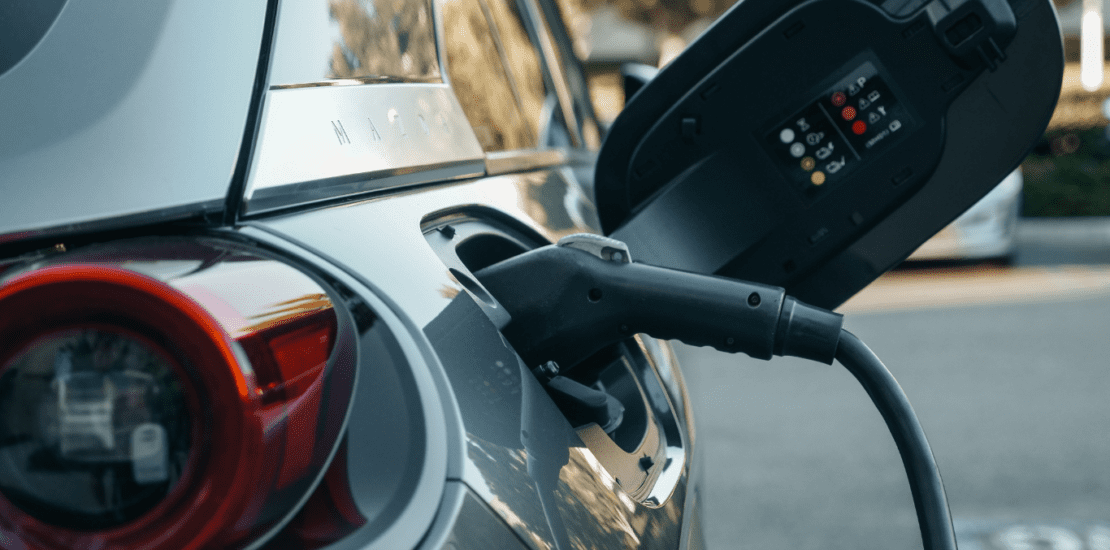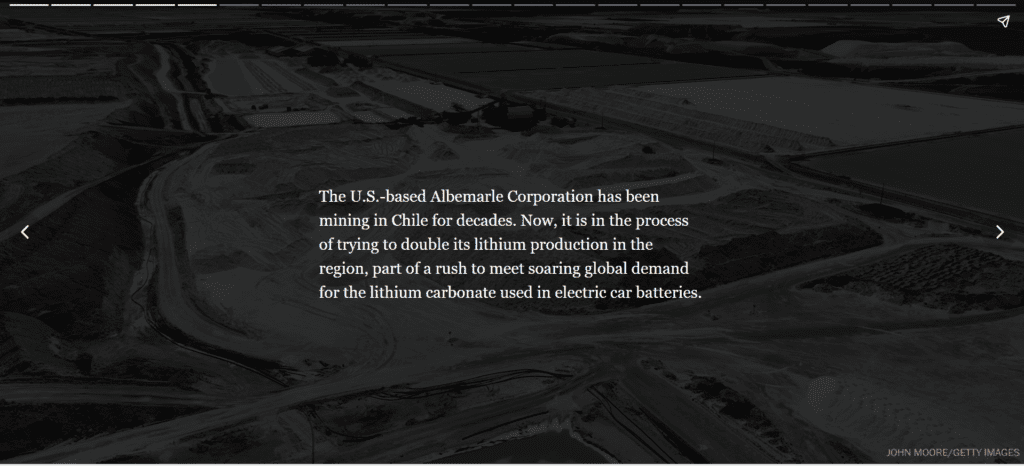Why I'm Not Buying an Electric Car Debunking the Green Myth
- 25 April 2024
- Posted by: Future Energy
- Category: Energy excellence

For the past three years, my trusty VW Passat has been my faithful companion on the roads. It’s comfortable, a joy to drive, and has served me well. But lately, I’ve been contemplating a change. As I consider my next car, the allure of electric vehicles (EVs) beckons. However, after careful research and reflection, I’ve decided that my next car won’t be electric. Here’s why.


Comfort and the Long Journeys
When we first got the Passat, our primary motivation was our beloved Buddy. Our large dog needed ample space for those long road trips. But as fate would have it, Buddy prefers smaller cars. He hops into my sister's compact Yaris with more enthusiasm than he ever showed for our spacious Passat estate. So, the need for a roomy car isn't as pressing anymore. We do travel between Pula and Osijek a few times each year, and those long journeys demand a reliable car. But here's the catch: I need a car that can last over 500 kilometres on a single charge. While EVs are making strides in this area, it's still a concern for me.
The Green Hype: Fact or Fiction?
Now, let’s address the elephant in the charging station: the environmental impact. The prevailing narrative is that electric cars are inherently greener. But are they really?
We are grateful to Future Energy Partner for helping us though the ISO certification process. The implementation of ISO standards is what differentiates as a company from our competitors and demonstrates our commitment to Occupational Health and Safety Management.


The Battery Conundrum
- Production of Car Batteries: EVs rely on lithium-ion batteries, which come with their own set of environmental challenges. Mining and processing the raw materials like lithium and cobalt, as well as the associated greenhouse gas emissions for these batteries can be resource-intensive and environmentally damaging. Plus, the supply chain isn’t always squeaky clean. The extraction of lithium for EV batteries has raised concerns about water usage and pollution in regions like the Atacama Desert in Chile, where significant lithium reserves are located. Reports by environmental organizations such as Greenpeace have documented the ecological consequences of lithium extraction.
- Battery Lifespan: Batteries degrade over time. The lifespan of an EV battery varies, but eventually, it will need replacement. Disposing of old batteries responsibly is crucial, but it’s not always straightforward.
- Recycling Challenges: While recycling efforts are improving, recycling lithium-ion batteries remains complex. Extracting valuable materials from spent batteries requires specialized facilities and processes.
The Energy Sources Dilemma
Electricity powers EVs, but where does that electricity come from? If it’s generated from fossil fuels, the green argument loses some shine. We need to consider the entire energy production cycle. Until we transition fully to renewable energy sources, EVs aren’t entirely guilt-free.
The Diesel vs. Petrol Debate
Now, let’s delve into the diesel vs. petrol debate. While new-generation diesels emit lower levels of carbon dioxide (CO₂) than petrol engines, they tend to emit higher levels of nitrogen oxides (NOₓ). In built-up urban areas, these emissions make diesel engines a significant cause of roadside air pollution, especially among older models.
Diesel: The CO₂ Trade-Off
Diesel cars tend to have lower volumetric fuel consumption figures than comparable petrol vehicles. However, the benefit in terms of CO₂ emissions is significantly lower. Combustion of 1 liter of diesel fuel releases approximately 13% more CO₂ than the same amount of gasoline fuel. So, while diesel may offer better fuel efficiency, it comes at an environmental cost.
Petrol: Cleaner NOₓ Emissions
Petrol engines emit around 30% less NOₓ (nitrogen oxides) than diesel engines without after-treatment. NOₓ emissions can significantly increase the risk of respiratory problems, making this a crucial consideration. Additionally, petrol emissions systems regulate themselves, needing less driver input.
My Choice: A Smaller, Petrol or Diesel Car
As I bid farewell to my Passat, I’m eyeing a smaller car—perhaps a Mini. But when it comes to the environment, I’ll likely choose either petrol or diesel. Why? Because the green halo around EVs isn’t as pristine as it seems. Until we address battery production, recycling, and energy sources, I’ll stick with a tried-and-true internal combustion engine. It may not be electric, but it’s a choice I can live with—for Buddy’s comfort and the planet’s well-being.
References:
https://theconversation.com/fact-check-are-diesel-cars-really-more-polluting-than-petrol-cars-76241
https://www.rac.co.uk/drive/advice/emissions/is-diesel-actually-better-for-the-environment/
Greenpeace: “The Environmental Impact of Lithium Batteries.”
International Energy Agency (IEA). “Global EV Outlook 2021.”

